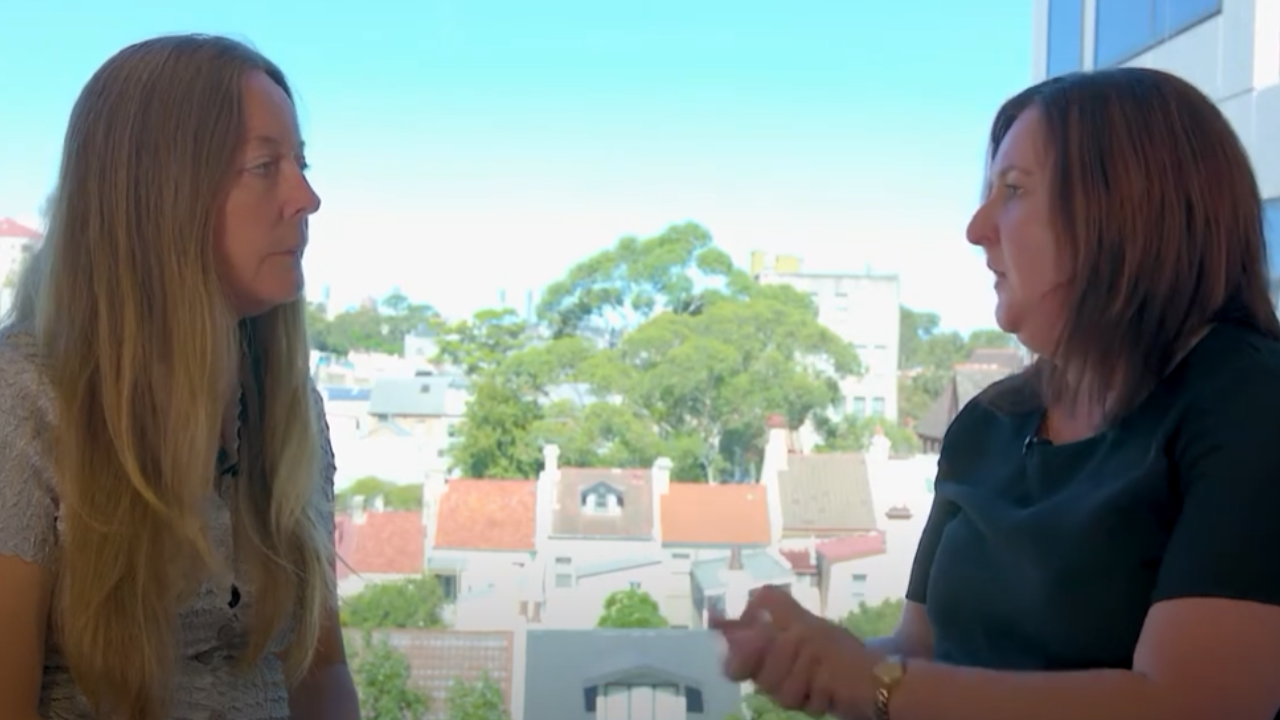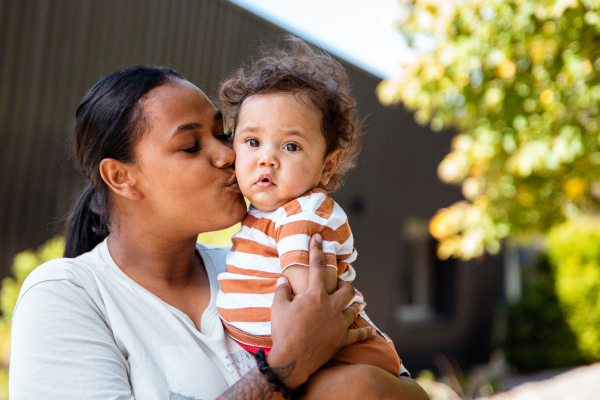Automatic language translation
Our website uses an automatic service to translate our content into different languages. These translations should be used as a guide only. See our Accessibility page for further information.

Find out how permanency coordinators can help link DCJ and non-government practitioners to services and coordinate service packages.
Find out how permanency coordinators can help link DCJ and non-government practitioners to services and coordinate service packages.
(Permanency Coordinator in an interview setting)
Permanency Coordinator: So there are 50 Permanency Coordinators across the state so they're allocated to districts in each of our districts and depending on the size and volume of work in each district will mean how many you have. So some will have more than others.
Permanency Coordinator: But their role is very much about the coordination of packages and services and making sure children do have a permanency goal in place within the required time frames.
Permanency Coordinator: One of the things they will not do is case management. And I think it's really important to be clear about that because it's either our caseworker or them or the non-government organisation caseworker that delivers case management and does the casework.
Permanency Coordinator: Each of the permanency coordinators are expected to have a very good understanding of the service system in their respective district. So, the caseworker was a little bit unclear about where they could refer a family to. My expectation is that they can ring the permanency coordinator and the permanency coordinator will be able to give some advice.
"What I enjoy most is the fact that while the work we undertake is very challenging, it’s facilitating better outcomes for Aboriginal communities and the public in general."
- Prayas, Permanency Coordinator, Community Services

Permanency Coordinators are consultants, advocates, and advisors to DCJ and Permanency Support Program (PSP) Service Provider staff. They are skilful collaborators, influencers, and negotiators. They help embed a culture that values and prioritises relational, physical, cultural, and legal permanency for children and young people.

The necessary qualifications, experience, and qualities considered for the role include a current driver’s licence or ability to travel i.e., between DCJ and PSP Service Provider Offices or other locations as required.
Tertiary qualifications in Social Work, Psychology, Social Science Welfare, or related discipline with demonstrated commitment to ongoing professional development.
If you identify as Aboriginal, a degree is not required as we value your experience within the community. You will need to have a diploma and/or at least 2 years community experience working with Aboriginal families and young people.
Pre-employment checks are a critical part of the Community Services recruitment process and include a national criminal history record check (for external candidates), a NSW Working with Children Check clearance, and other reference and conduct checks.
Community Services is part of the Child Protection, Permanency, Districts and Youth Justice division under the Department of Communities and Justice. Community Services works in collaboration with government, non-government, and community partners to improve the lives of children, adults, families, and communities who often experience disadvantage and live in varied and challenging circumstances.
Caseworkers employed by Community Services build relationships with children, young people and their families and carers to influence change and bring about support, protection, and safety.
We’re expanding our Aboriginal workforce and are looking for people from across NSW to work alongside child protection practitioners to ensure vulnerable Aboriginal children grow up safe and connected to kin and Country.
Last updated: